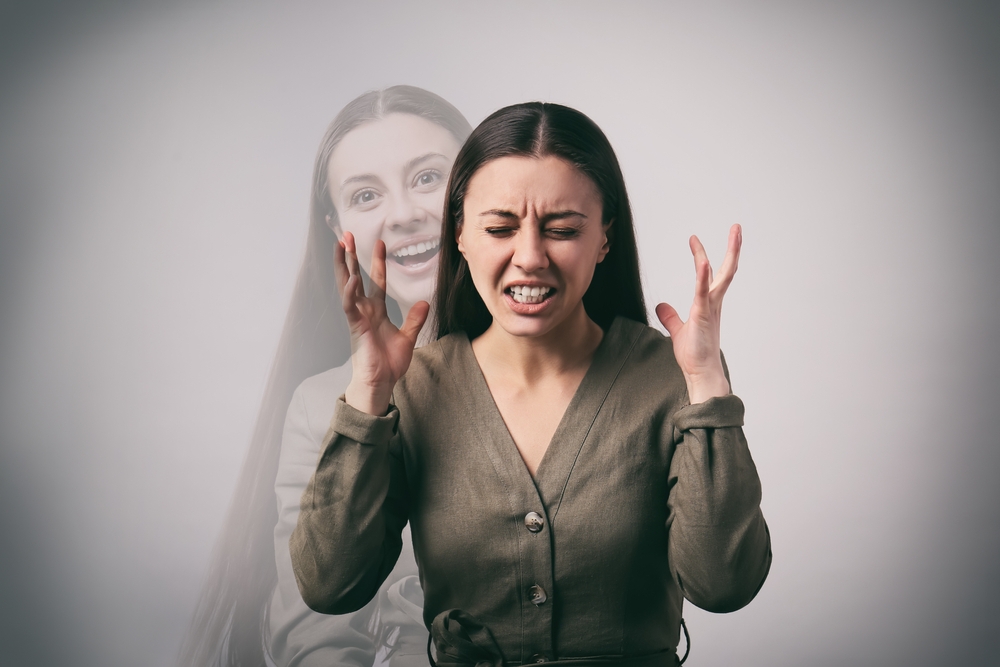The previous name for Bipolar disorder was Manic-depression. Generally, people understand this disorder as it only affects one’s mood whether it also influences energy levels, self-esteem, cloud judgment, interferes in memory, disturbs sleep patterns and appetite. It is a brain disorder that causes serious shifts in mood, energy levels, and social functioning. Everyone around us encounters ups and downs which are considered to be normal, it would not be wrong to say that anybody can experience mood swings.


